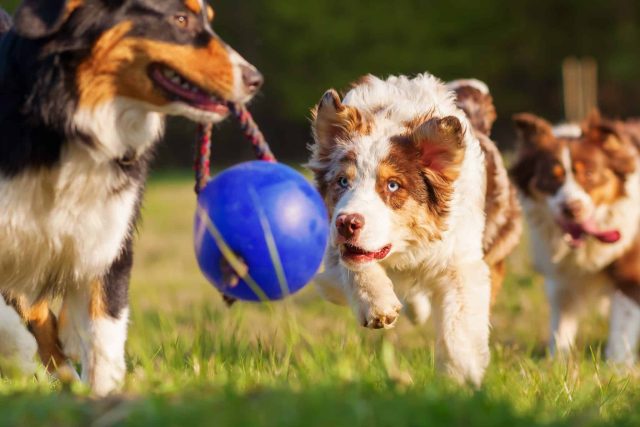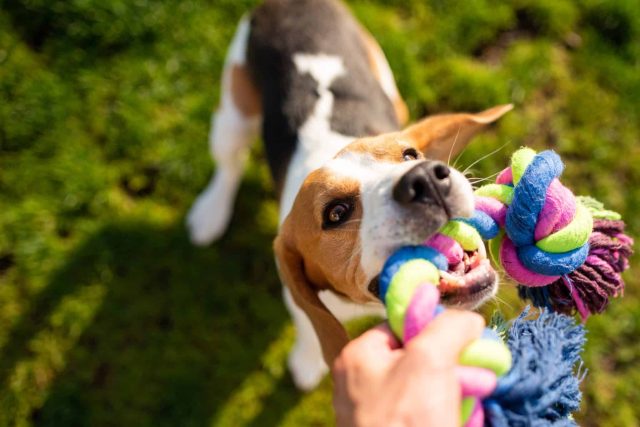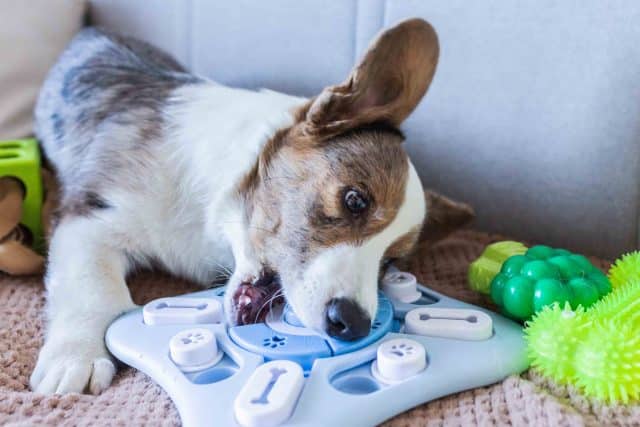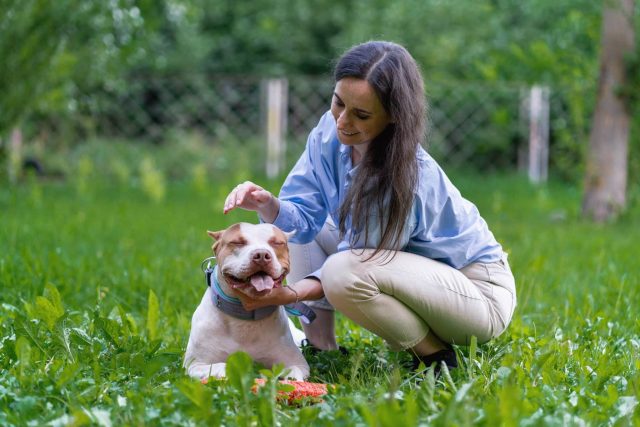Everyone thinks play is fun—but did you know it can actually change the brain for the better? Research confirms this for humans, and fascinatingly, the same holds true for many other animals—especially dogs.
We prioritize play for our children because studies show that free, unstructured play leads to better emotional adjustment, improved social skills, and even stronger cognitive development. So why wouldn’t this also apply to our canine companions?

The Brain on Play: Chemical Rewards and Lifelong Benefits
Dogs may not be human, but their neurological wiring shares surprising similarities with ours. Studies in rats show that social play activates the brain’s reward centers, releasing neurotransmitters like dopamine and endorphins—the same chemicals triggered by pleasurable activities like eating or bonding. These play-induced “happy chemicals” help:
-
Reduce stress and anxiety.
-
Improve emotional regulation.
-
Support long-term brain plasticity.
In fact, even animals more neurologically distant from humans, such as octopuses, show signs of playful behavior—suggesting play is a deeply ingrained evolutionary tool, not just frivolous fun.

Practice Makes Play (and Survival)
Play doesn’t just entertain—it simulates real-life survival skills. When dogs chase, pounce, or tug, they’re engaging the same instincts that wild canines use to hunt and protect themselves. Practicing these movements can:
-
Build physical coordination and stamina.
-
Boost self-confidence in anxious or timid dogs.
-
Satisfy instinctual needs for a more balanced temperament.
For example, a game of fetch strengthens agility and focus, and even if your dog doesn’t return the toy, you can keep them engaged by tossing treats or chews for them to find—combining movement with scent work.

Multi-Sensory Play: A Workout for the Mind
Modern dog toys go far beyond tennis balls. The best forms of play:
-
Engage multiple senses—touch, sight, smell, and even taste.
-
Encourage problem-solving, such as treat-dispensing puzzles or hide-and-seek games.
-
Promote independence, especially useful for dogs with separation anxiety.
Toys that make your dog think, like snuffle mats or rotating food puzzles, activate areas of the brain responsible for memory and attention. When you participate in these games—tossing puzzle toys or hiding treats—it becomes a bond-building activity too.

Play is a Partnership
In our fast-paced world, it’s easy to see play as optional or even indulgent. But consider this: play is both prevention and therapy. It:
-
Helps curb destructive behaviors.
-
Prevents boredom-related stress.
-
Deepens your emotional connection with your pet.
Even five to ten minutes of interactive play a day can lead to measurable improvements in behavior, health, and your dog’s overall joy.

If Not for You, Then for Them
Whether you’re tossing a ball in the yard or solving a treat puzzle on a rainy day, remember that play is not a luxury—it’s a form of love and care. It nourishes your dog’s body, challenges their mind, and fills their emotional cup.
So if you can’t make time to play for your own sake, do it for your dog—they’ll thank you with a wagging tail, a tired body, and a happier heart.
Go play. You both deserve it.
